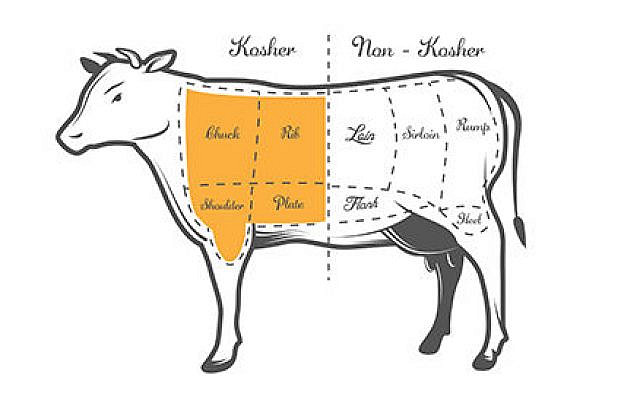BRUNEI needs to take an integrated approach in implementing the
national halal programme and ensure small and medium enterprises (SMEs)
involved move forward in tandem with the development of the Brunei
Halal Brand, a halal business expert said.
Different sets of
challenges face the two potential engines of growth in Brunei’s nascent
halal sector, the cottage industries and the export-ready SMEs, as the
Sultanate embarks on a mission to take home a slice of the
US$2-trillion-a-year global halal industry and ultimately create its
very own premium halal brand.
The cottage industries may face
difficulties acquiring the necessary certifications to meet
internationally-accepted standards as these require enterprises to
operate out of proper business or manufacturing premises. The
export-ready SMEs, those with proper facilities and branded products,
on the other hand, may find it challenging to be competitive in the
international market.
“It needs some clever thinking,” said
Abdalhamid Evans, a senior analyst at Imarat Consultants, on the
significance of streamlining the development of the Brunei Halal Brand
together with the SMEs involved. “An integrated approach to all of this
is important. At the higher level they’re already thinking in those
terms, but when it comes to practical implementation, the question of
how we are actually going to do this, that I think needs to be looked
at more closely. That has yet to be explored.”
“It’s important
that there is an integration between international promotions and the
international activities, the Brunei Halal Brand, the international
market and the development of SMEs,” said Abdalhamid.
Commenting
on concerns that SMEs might not be able to keep up while the brand is
taking off, he said, “I think those fears are probably valid because
Brunei’s manufacturing sector is not really developed if you compare it
to Thailand or Malaysia.
“It’s alright not being the leader,
because you can learn from other people … from their mistakes and the
things they got right. Brunei is actually in the position to do that,
and learn lessons from Malaysia and Thailand,” he added.
With
Brunei’s very first guideline for standards in the manufacturing of
halal goods and several other significant initiatives set for unveiling
in the next few days, Abdalhamid said this is a very good moment to
establish Brunei as a country that is taking halal very seriously.
“Brunei
has got good world-class standards and guidelines for manufacturing of
halal goods, and it is taking as a strong religious duty and wants to
use it to diversify its economy, and build up the SME sector in the
country. Those elements put together are very strong, but the challenge
is to follow it through at the right kind of pace.”
He added:
“Industries move at a different pace than the government. If you’re
really going to be active in the market, you can’t move at government
speed, you’ve to move at industry speed.” The Brunei Times



